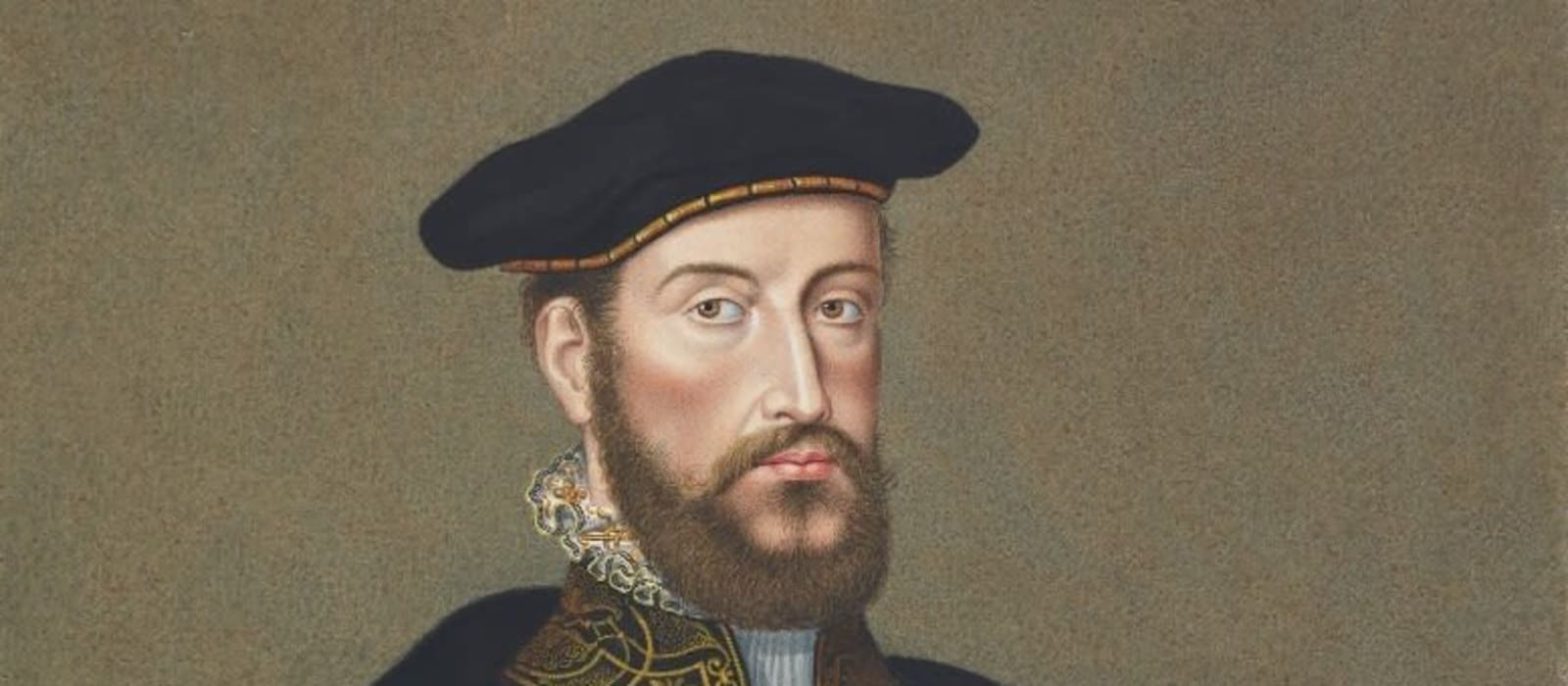For today: Anthony Browne, First Viscount Montagu, born Nov 29, 1528. He’s important to us as an example of the man who is a member of the loyal opposition.
Anthony Browne was the eldest son of a knight of considerable wealth whose estates included Battle Abbey and Hatchlands Park in Surrey and Sussex, and who served as privy councillor to Henry VIII. When Anthony senior died, his devoutly Catholic son entered into public life, starting his political career as a member of parliament at the age of 16. Despite being fined and imprisoned for attending Catholic Mass (forbidden during the final years of the reign of Henry VIII), he lost none of his estates. He participated in the ceremonies for the coronation of Edward VI, and even entertained Edward at his estates. At Edward’s death, Browne was careful to avoid entanglement with either the Privy Council’s plans or the plot to place Lady Jane Grey on the throne.
His loyalty and discretion were rewarded under Mary Tudor. When she became Queen, Browne served as steward at Hampton Court and as a member of the Privy Council, as well as holding civic offices for his home counties. He held military appointments overseen the English forces at Calais, and when Mary died, he served as an executor of her will.
When Elizabeth was crowned, Browne refused to renounce his Catholic faith, but because of his unswerving service to both Edward VI and Mary I, his loyalty to the crown went unquestioned. Elizabeth made him her ambassador to Philip of Spain, despite his outspoken opposition to the now Protestant Parliament’s attempts to establish religious uniformity, to require an oath supporting the crown’s religious supremacy, and to dissolve the religious houses established under Mary. Faced with the possible charge of high treason for refusing to take the oath of supremacy if required, he countered that the Queen’s Catholic subjects were peaceably and loyally disposed toward her, and protested that taking an oath under compulsion was
a thing unjust and repugnant to the natural liberty of men’s understanding … for what man is there so without courage and stomach, or void of all honour, that can consent or agree to receive an opinion and new religion by force and compulsion?
Browne never lost Elizabeth’s trust. He served as a Commissioner in the trial of Mary, Queen of Scots, and led troops to Tilbury, prepared to repel the Spanish armada, declaring that he was ready to live and die in the service of Queen and country.
Christian charity and careful reason can help us realize that it is possible to disagree and still be loyal to each other and to our common communities, whether family or church or state.

